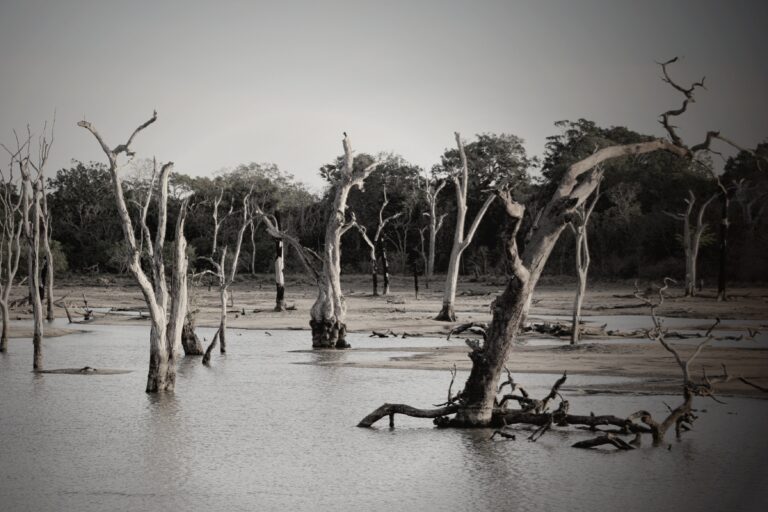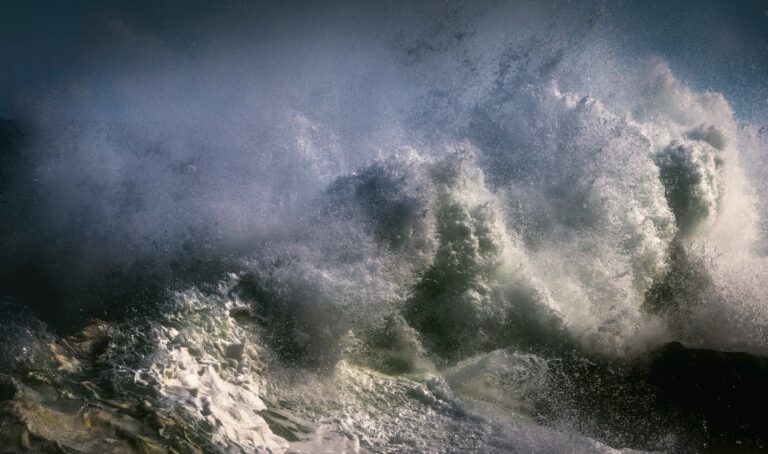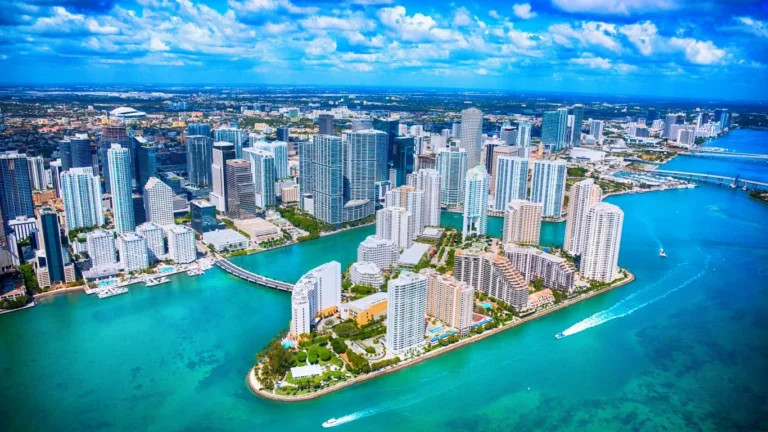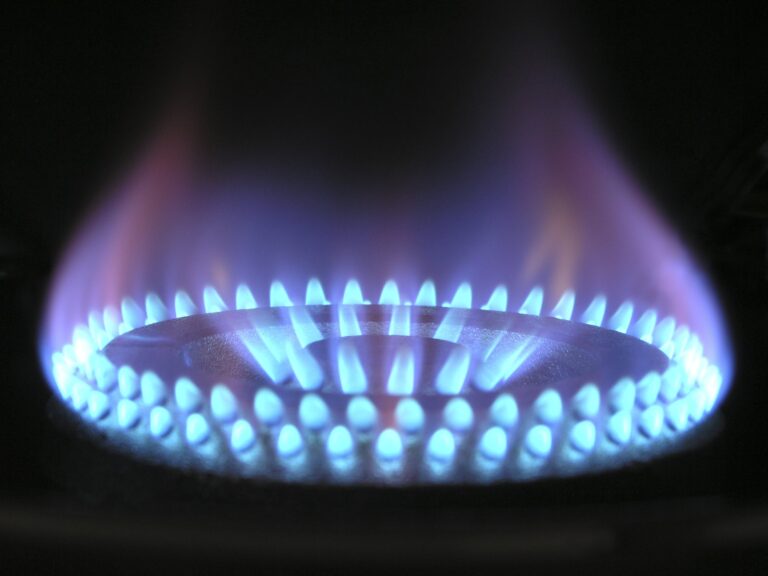January Is The World’s Hottest Month, But The Low Temperature Is -37 Degrees
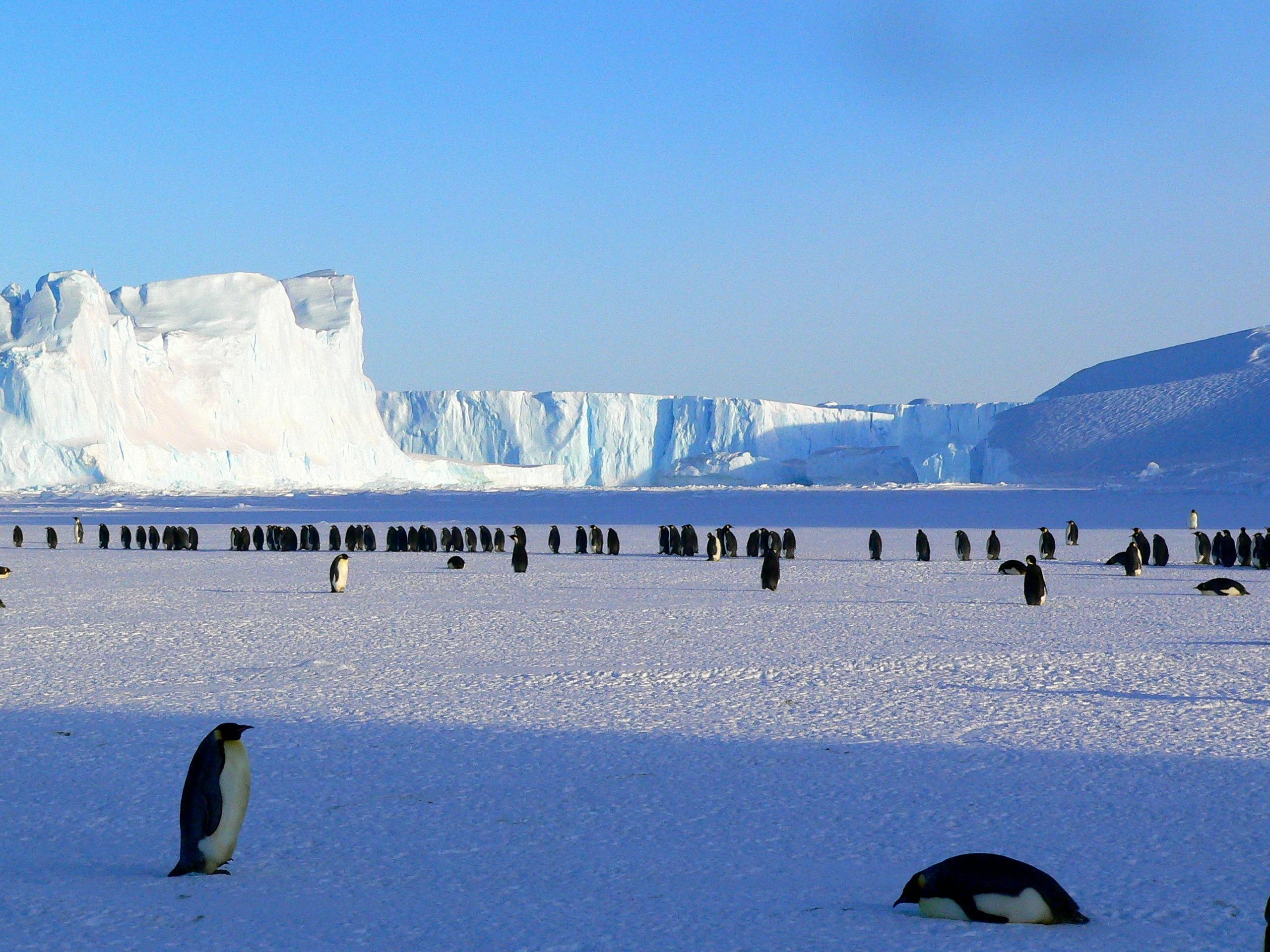
The world just had its hottest January ever. While the planet heats up, a few places remain so cold that people cannot survive. Among them is the Concordia Station in Antarctica. It is an example of the extent to which some temperature extremes do not matter. Almost no one lives at or visits Concordia. It is usually -40 degrees F there at night. Tonight, the number will be -50 degrees F.
California’s climate and money
Billion dollar climate price tag
According to Copernicus, January was the warmest January on record since the start of the Industrial Revolution (1850). The world’s surface temperature. Its report pointed out that for January, the average was “13.14°C, which was 0.70°C above the 1991-2020 average.” The study’s authors wrote, “This is the eighth month in a row that is the warmest on record for the respective month of the year.”
Concordia Station is a research facility which opened in 2005. It is a joint venture between Italy and France. One of the reasons for the cold is that it sits 10,000 feet above sea level. Concordia Station is one of three permanent, all-year research stations on the Antarctic Plateau. The list includes Vostok Station, built by the Russians, and the US-built and operated Amundsen–Scott South Pole Station.
Because the air in Antarctica’s coldest and highest areas is the most transparent in the world, the station is used for astronomical observations. It is also used for ice drilling to determine the history of temperatures in the area. About 70 people inhabit the station in the summer. That drops to 20 in the winter.
According to one piece of research, the Antarctic has been warming in the last 70 years. Theodore Scambos, an Antarctic researcher at the University of Colorado, told USA TODAY, “It is not warming everywhere, and the patterns change over the decades – more so than other continents or the global ocean surface. But it is warming, and there are significant impacts from the warming near the coast.” “Everywhere” is the critical word in Scambos’ comment. There is no substantial evidence that places above 10,000 feet on the Antarctic Plateau are warming quickly. But no one lives there, so does it matter?
More from ClimateCrisis 247
- Africa’s Air Condition Ruining Environment
- The World Breaks Hottest Day Record Two Days In A Row
- Next Tropical Storm Will Be Named “Chris”
- Phoenix To Be Above 110 Degrees Extreme Heat All Week

